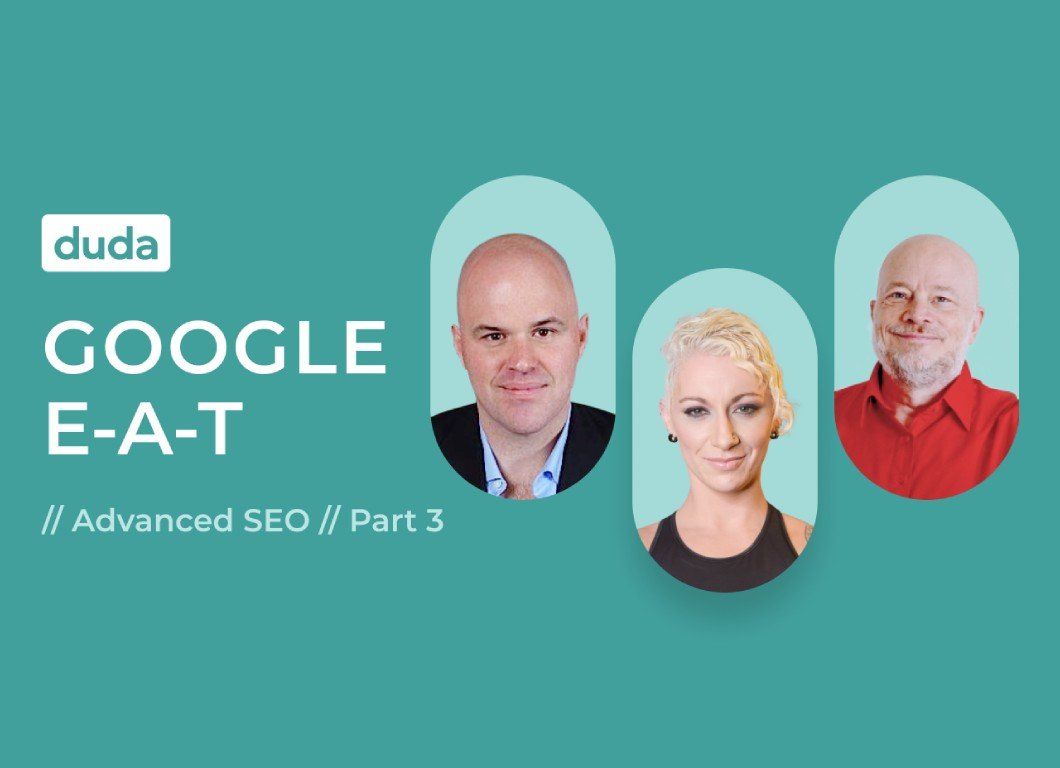As a brief overview, you can understand the three E-A-T components as:
- The level of expertise (skills plus knowledge) that the writer of a specific web page has about that topic - e.g. a cardiologist writing about the best supplements for heart health
- How much authority the content writer and the wider domain have within a particular area e.g. a well-known IT magazine’s chief editor writing about a cyber security incident
- The level of trust Google places in content based on its transparency and accuracy
2021 was a year marked by increased search result volatility in Google. Search engine results pages (SERPs) changed far more often compared to previous years as a result of several major updates made by Google to how its algorithms work.
While these updates have addressed different aspects of how Google wants to rank content, it’s interesting to note that mentions of E-A-T run through most core Google update announcements as a common thread.
Direct mentions of E-A-T appeared in the April 2021 Product Reviews update. This update affected sites that review products and use affiliate links in their review content. Any review content will be held to a higher stand of expertise, which means the people writing reviews need to provide additional information beyond what users can easily find in product or service descriptions elsewhere.
From a product reviews perspective, some of the key points Google wants to see are:
- The reviews express expert knowledge about products where appropriate
- Discussions of product benefits and drawbacks based on research
With the Product Reviews update, Google is becoming more discerning in demoting websites that appear to be simply taking other sites’ content and re-wording or reproducing it in order to make affiliate income. If there’s any takeaway here for writing product reviews, it’s to perform solid research, write valuable articles, and be transparent about who wrote the article.
E-A-T also appears in a 2021 FAQ answer about what websites need to do to make sure their stories show up in Google News. In fact, Google’s Danny Sullivan went as far as saying E-A-T is the most important ranking factor for Google News.
Top publications are starting to write extensive author biographies for every staff/team member who writes articles. These biographies provide one way to demonstrate particular pieces of content are written from a position of expertise while conveying trust.
Another clear indicator of E-A-T’s importance is the fact that it appears 129 times in Google’s Quality Rater Guidelines. This document is over 170 pages long, and it spells out how Quality Rates hired by Google should assess the quality of websites, pages, and search results.
It’s easy to get caught up in the slightly myopic view that E-A-T only really matters from an SEO perspective. It’s not just a matter of improving your page-level and site-wide E-A-T and your content will rank higher in search results.
A broader perspective is that potential customers want to see expertise, authority, and trustworthiness signals in the web content they consume on other site pages, such as product pages. Perhaps an expert quote can make the difference between a prospective customer converting or not.
Getting authoritative links pointing to specific pages remains the most vital factor behind successful off-site SEO. One aspect worth remembering about the relationship between backlinks and E-A-T is that Google evaluates a site’s authority by looking at its backlink profile. Often, the sites appearing prominently for competitive search queries have strong backlink profiles with many different domains linking to them.
A caveat here is that Google sometimes detects patterns in backlink profiles that indicate a degree of “gaming” the system. In these cases, the backlink profile of a site or its particular pages can end up harming E-A-T. The solution is that you need to be careful with your link-building tactics and stick to white-hat methods if you want any longevity in your perceived authority.







